We recently connected with Heather Gill and have shared our conversation below.
Heather, thanks for joining us, excited to have you contributing your stories and insights. Are you happy as a creative professional? Do you sometimes wonder what it would be like to work for someone else?
I feel like I’m adequately prepared for that question! I worked in the banking industry for over 20 years before I finally accepted the title “Artist”. I went back to college at 39 and graduated with a Bachelors of Fine Art with a concentration in Ceramics at 42. I’m definitely way happier and more fulfilled as an artist. I was good at my job in banking, but I knew it wasn’t my passion.
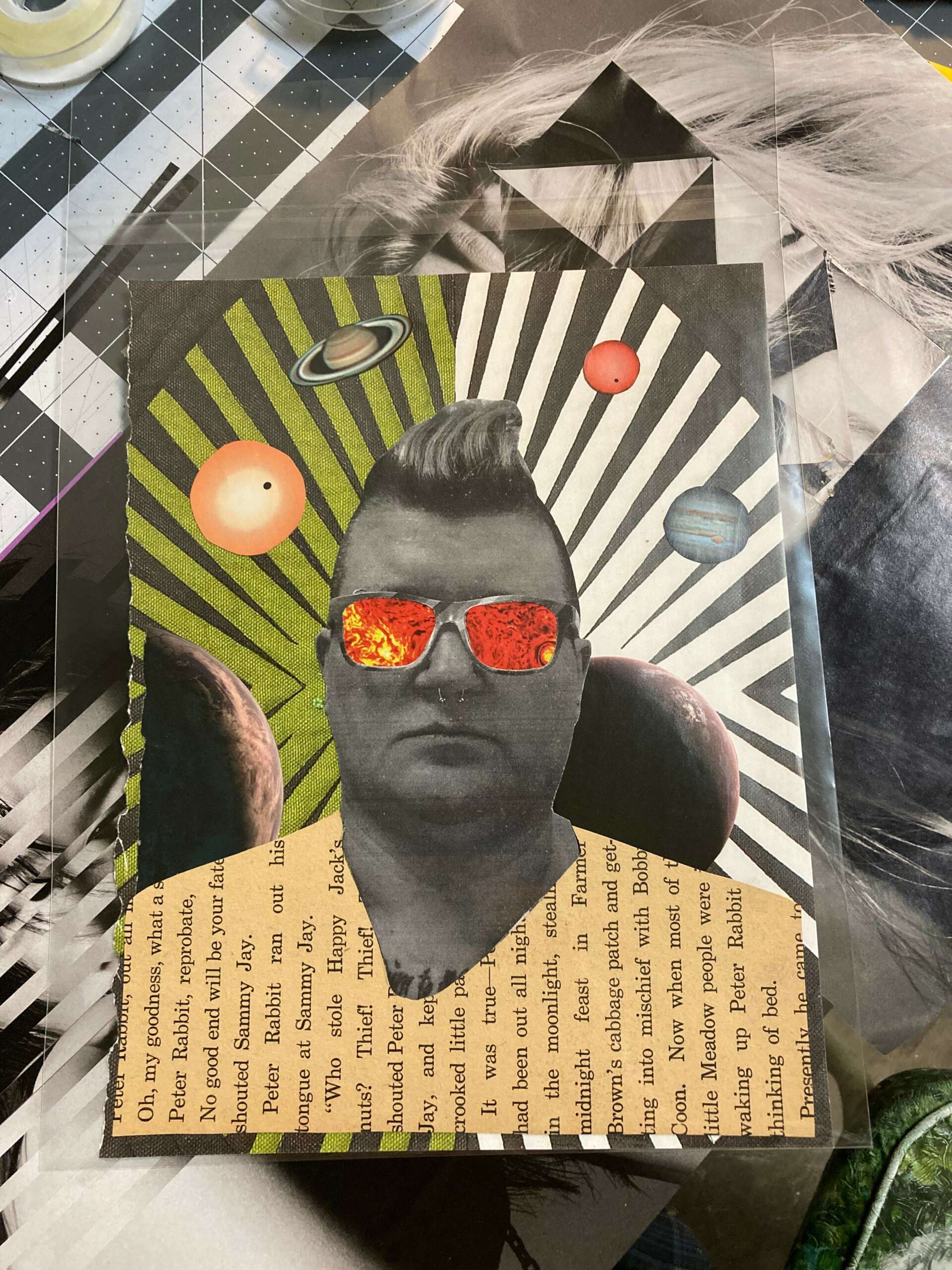
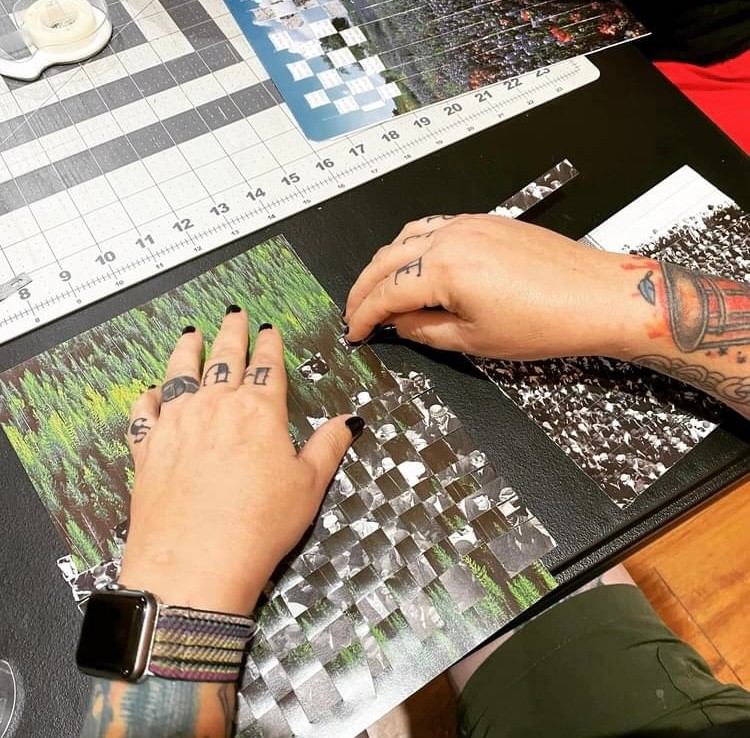
Awesome – so before we get into the rest of our questions, can you briefly introduce yourself to our readers.
I love to throw myself 100% into a project, whether I’m building a wooden boat, making a quilt, experimenting with new pottery techniques, whatever. Something will catch my eye or grab my attention and I’m hooked. I’ve recently jumped the “sell out” hurdle – I mean, I’d rather make art that makes me happy than make something I know I can sell. It turns out, sometimes other people want to buy what makes me happy and that makes me even happier. My grandparents encouraged my creativity when I was in elementary school. They were both very talented in their own ways; Papaw did woodworking and Mamaw did quilts/crochet/crafty stuff. There was never a shortage of supplies around for building things! Now that they’re both gone, I find myself thinking, “What would they think of (whatever project I’m working on) or how would they have done this differently?” I also have a drawing professor that’s stuck in my head (the best ones do that!) and even though I’ve been out of school for 8 years now, I still look at every piece I make through the scrutiny of that professor, as if I’m being graded. My inner art critic definitely has that professor’s voice. He always said, “Art is problem solving.” As an artist, you get to make your own rules and break whatever rules you want. Not only do Artists see the world differently and try to get others to see that same beauty, I feel like we have a special tool box with our experiences that help us navigate the world differently.
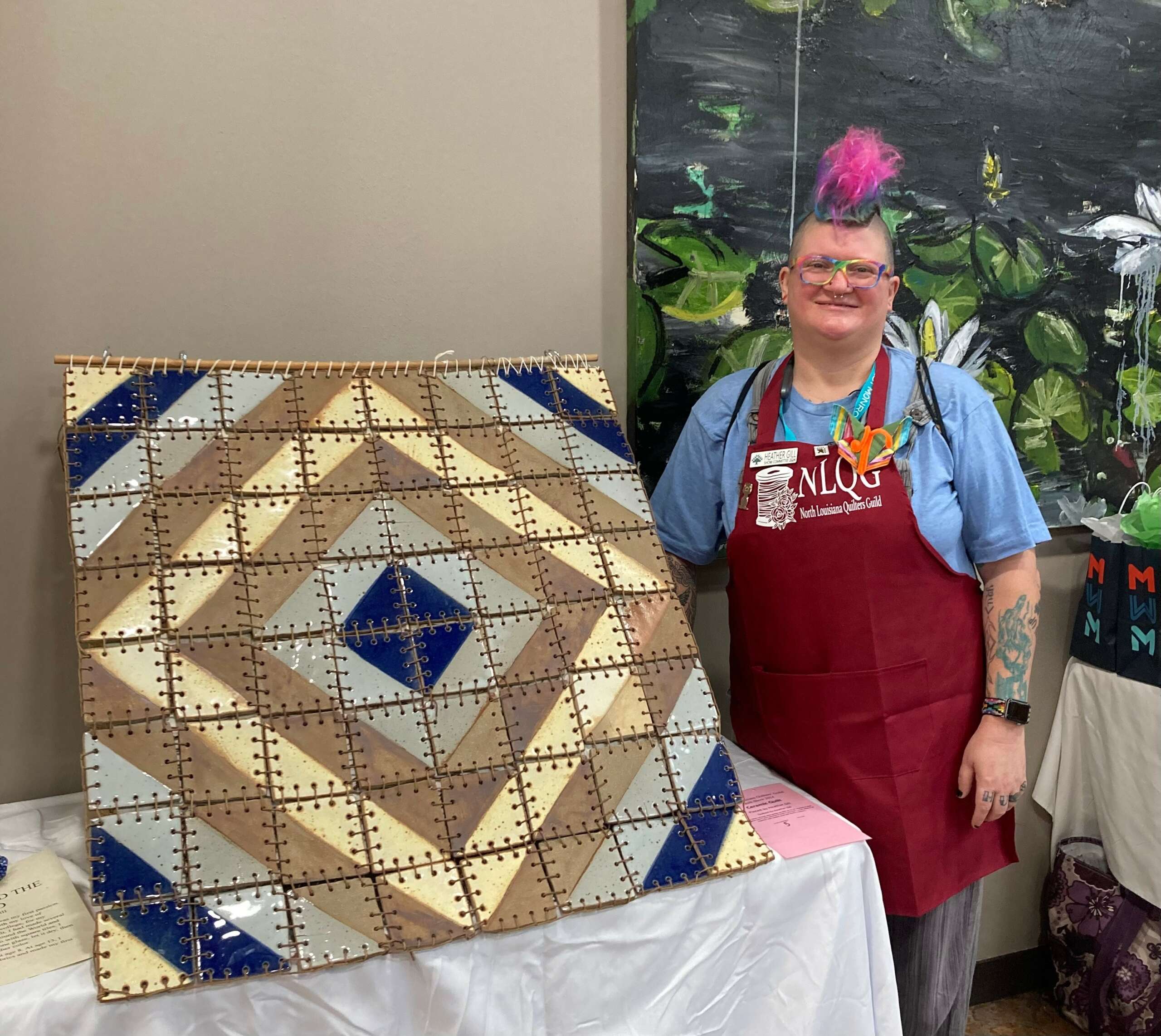
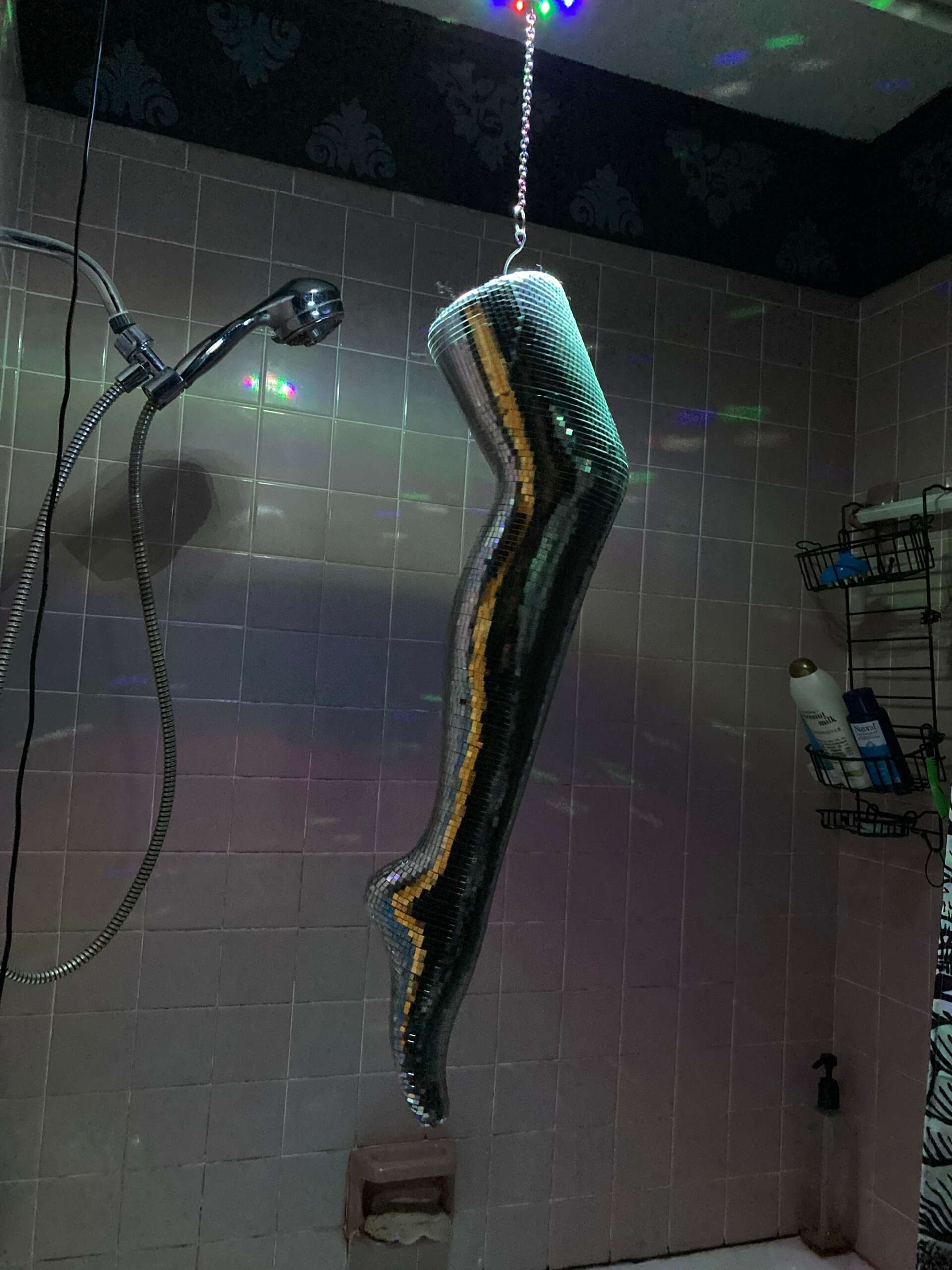
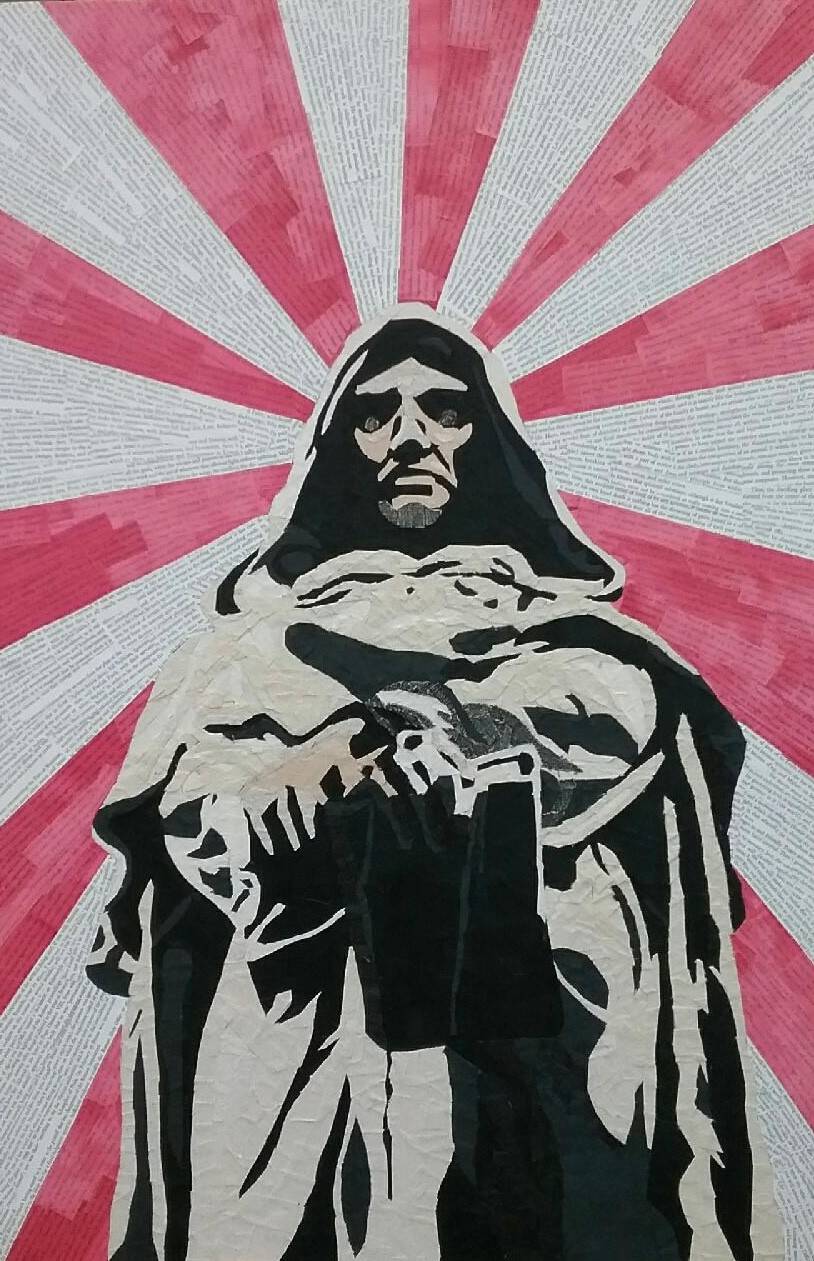
Are there any books, videos, essays or other resources that have significantly impacted your management and entrepreneurial thinking and philosophy?
I saw a TED talk video that completely changed how I felt about myself – Emilie Wapnick: Why some of us don’t have one true calling. Before I heard the term “multipotentialite”, I thought was was just a scatterbrained quitter who couldn’t stick to one thing and master it. After that video, I knew it was ok to jump from project to project. It was ok to want to build a boat and build a ceramic studio and buy a concrete mixer and want to sew on rainy days. It didn’t mean I was undecisive, it just meant that I have a LOT of creativity in me that needed to come out! I look to many sources for inspiration. Instagram, movies, nature, dreams, friends, and just life, in general. That means I’m always open to try a new thing, experiment with a new medium, build a new skill set. And I LOVE taking two completely unrelated things and meshing them together. Example: my first passion was sewing. Mamaw taught me to hand sew when I was 5 years old. By 7, I was learning on the sewing machine. At 13, I made my first quilt. It seemed only natural, in ceramics class, to make a quilt out of clay. I built a jig that would cut out square tiles and make holes all around the edges in one motion. They were fired, glazed, and fired again before I “stitched” the tiles together with cord. I also built my husband a wooden desk that was based on a quilt pattern that’s based on the Fibonacci sequence. Yes, I’m a nerd.
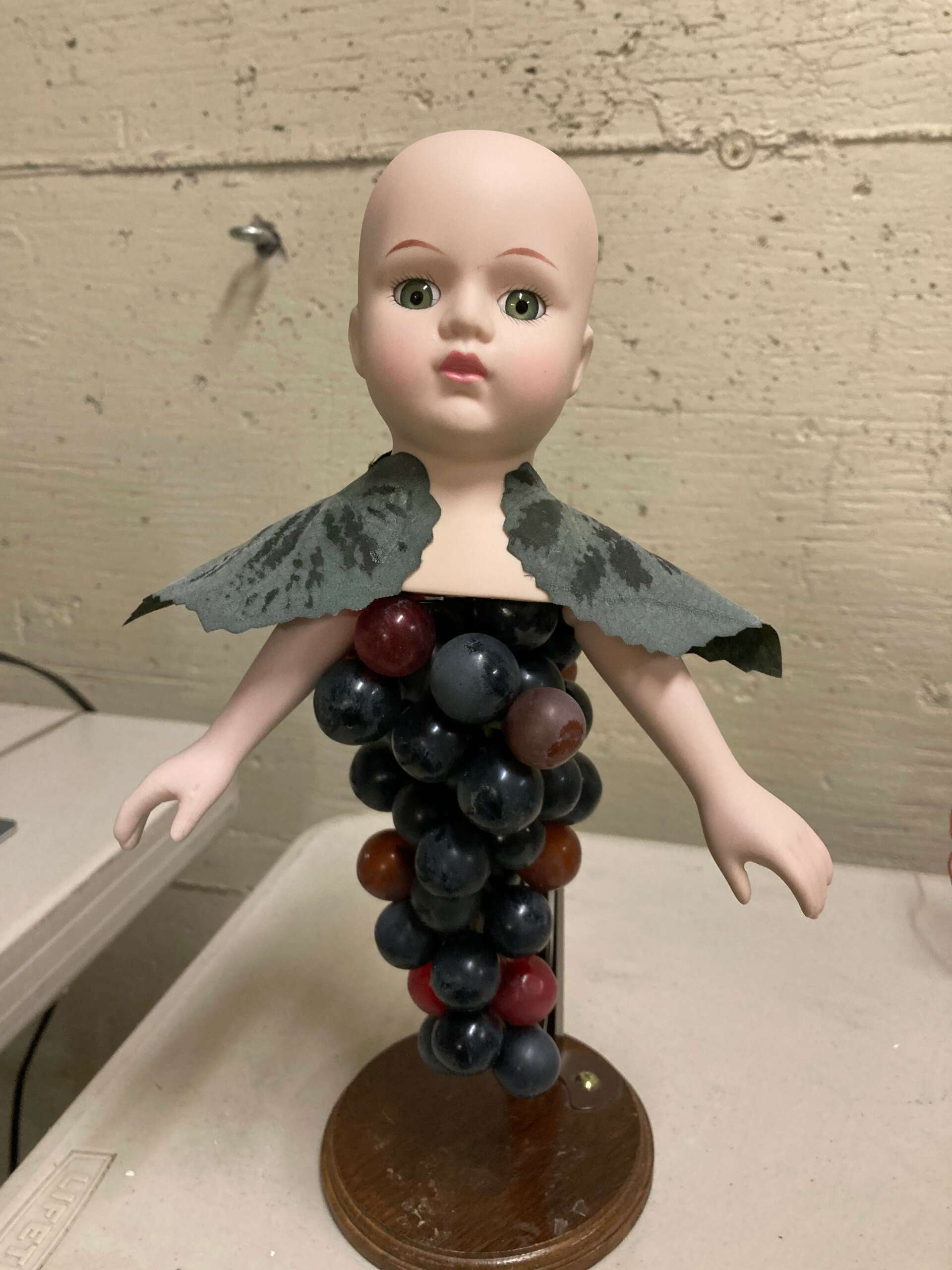
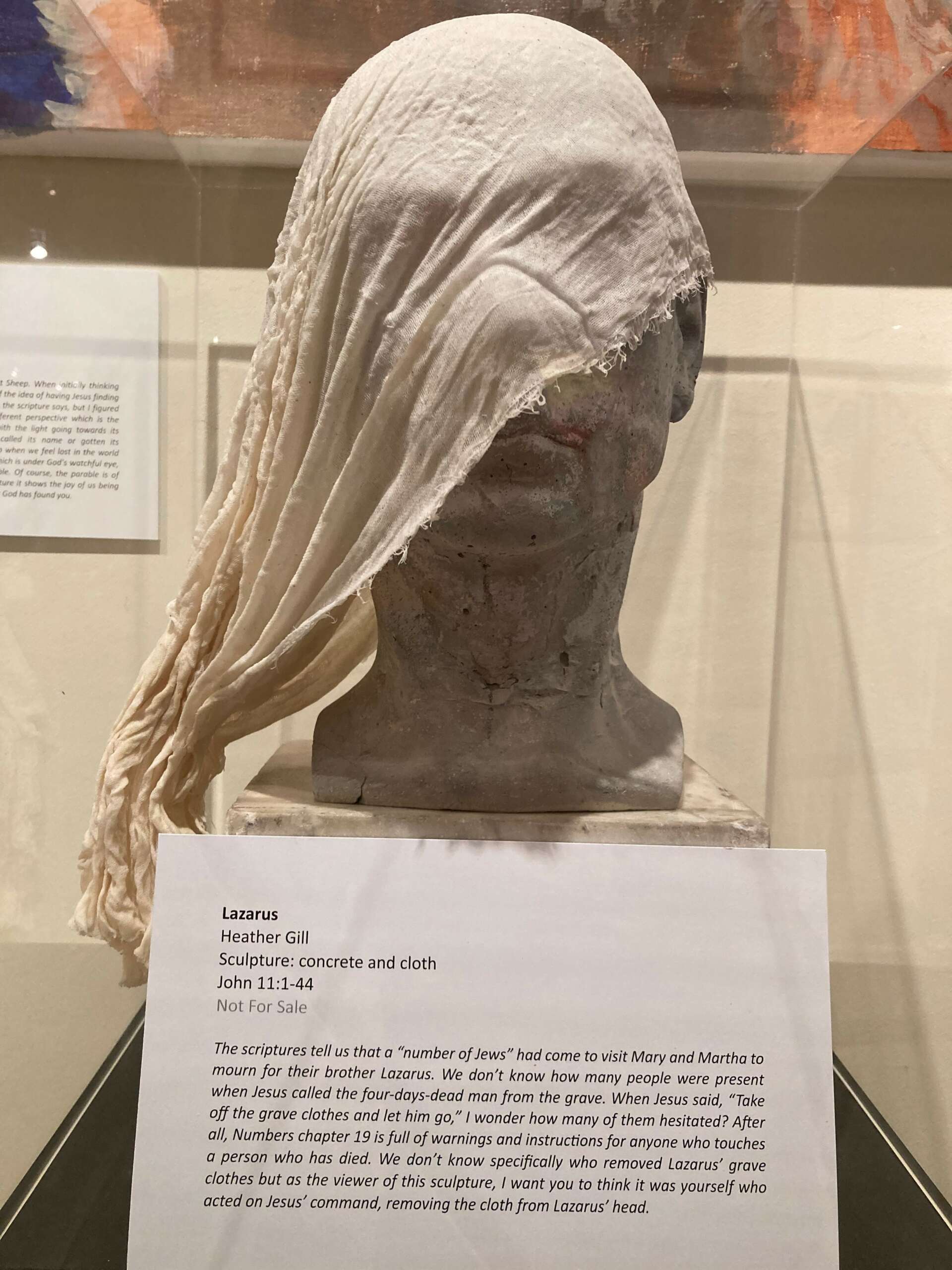
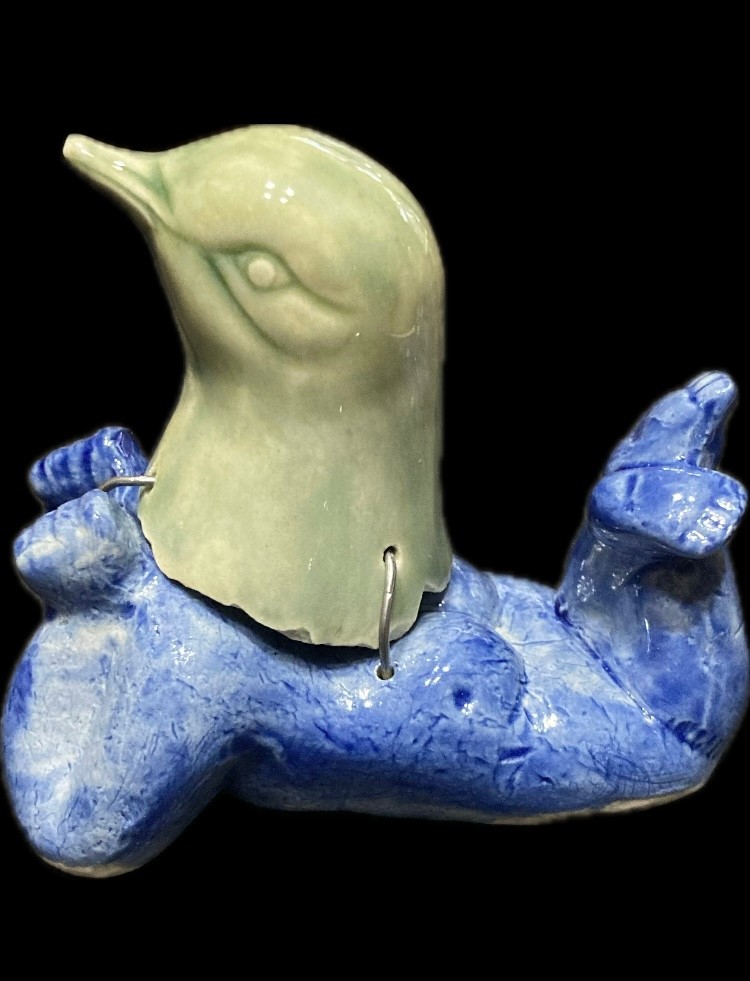
How can we best help foster a strong, supportive environment for artists and creatives?
Fund education – at all levels. Attend events – doesn’t mean you have to buy something. Engage with artists at events – we always want to talk about our process or what inspires us. We love brainstorming. Encourage artists, however you can, especially the young ones. Support your local artists before you start shopping online for a gift or something to decorate your home. Normalize buying local. If I’m at a pop up or a gallery hawking my wares, my success at the end of the day isn’t determined by how much money I made, it’s how many people did I share my art with – how many people smiled or laughed or gasped in surprise after seeing something I created – how many conversations or memories were spurred by my art – THAT is what drives me. If I was doing this for money, I’m an absolute failure. If I was only in it for the money, I should have stuck with my stuffy banking job with no passion or joy in my life.
Contact Info:
- Instagram: @MissNebulaJones
- Facebook: Heather Gill
- Other: https://culturalyst.com/missnebulajones


